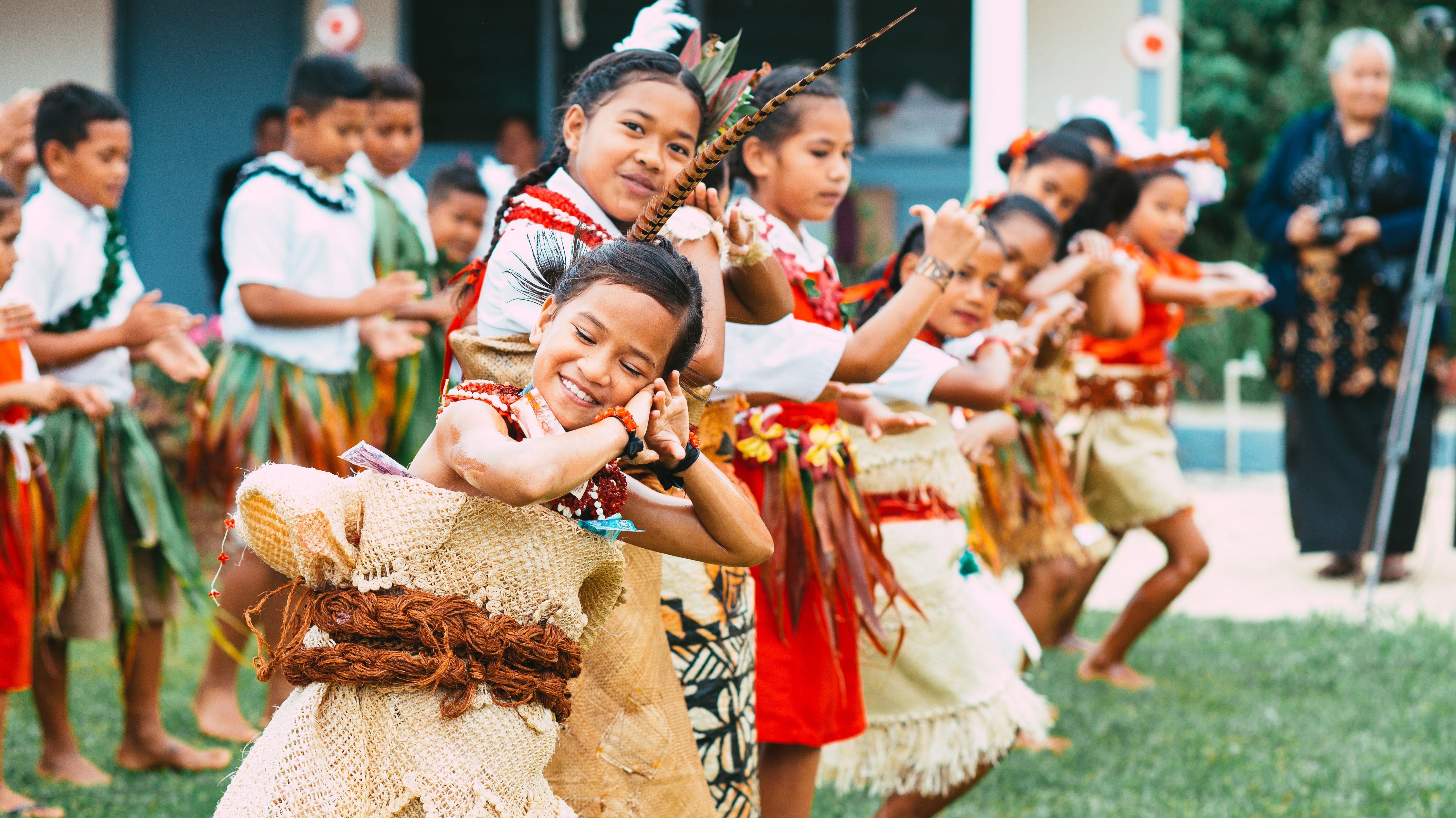Often called the ‘Friendly Islands’, the Kingdom of Tonga, in the South Pacific, is known for its generous and warm-hearted people and rich culture, kava ceremonies, vanilla exports, world class rugby, and being one of the best places in the world to witness migrating humpback whales.
Unfortunately, it is also known for being the country with the third highest risk to disasters in the world, given its extremely high exposure to cyclones, earthquakes, flooding and the impacts of sea level rise. When disasters – exacerbated by the effects of climate change – strike, the impacts can be devastating and widespread, affecting families’ livelihoods, healthcare and education.
Cyclone Gita’s lasting legacy
In February 2018, Tonga was hit by Category Four Tropical Cyclone Gita, which brought with it 220 kilometer an hour winds. The impact of the cyclone was massive; sweeping across Tonga’s main island of Tongatapu, and ‘Eua island, in the country’s south, flattening homes and buildings, destroying schools, churches, and wiping out farms and livestock, leaving thousands of families’ livelihoods in tatters. The total estimated value of the damage caused by Cyclone Gita was approximately TOP 356.1 million (USD 164.1 million); close to 37.8 percent of Tonga’s Gross Domestic Product.
Through the support of the World Bank, the Government of Tonga, was able to receive urgent funding through for example, the Crisis Response Window as well as through the Pacific Catastrophe Risk Assessment and Finance Initiative (PCRAFI) disaster risk finance and insurance program, which rapidly delivered US$3.5 million in emergency funds to assist Cyclone Gita disaster response and recovery initiatives.
Schools were especially hard hit: with 109 of Tonga’s 150 schools – home to approximately 23,000 students – damaged or destroyed. In the days following Cyclone Gita, humanitarian partners provided immediate emergency education supplies and materials, including tents for makeshift classrooms. Yet as Tonga looked towards the longer-term recovery, the need for more permanent solutions for Tongan students was clear.
Following a World Bank-supported Post Disaster Rapid Assessment and a Disaster Recovery Framework for Cyclone Gita, the Government of Tonga sought the World Bank’s help to rebuild or repair schools and classrooms that had been damaged or destroyed.
The Pacific Resilience Program
Further assistance was also made available through the World Bank-funded Pacific Resilience Program (PREP). PREP includes total funding of US$33.89million and seeks to strengthen Tonga’s resilience to natural disasters and climate change. The program began in 2015, but following the impacts of Tropical Cyclone Gita in 2018, the project received additional funding to support the reconstruction of schools impacted by the cyclone. This work has seen repairs and rebuilds of schools to higher resilience standards, to better defend them from future storms, cyclones and earthquakes.



